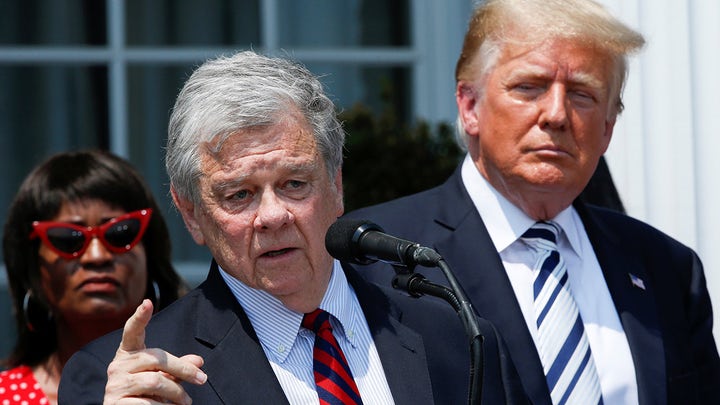Mr. John P. Coale was one of the plaintiffs’ lawyers that initiated the first tobacco settlement agreements, which included a historic and ingenious scheme for individual states to levy the economic equivalent of national (sic) excise taxes. The scheme has been a topic in my excise-tax lectures for as long as I have been teaching them. Let’s not forget that Mr. Coale entered the fray when tobacco companies were thought to be invincible in the litigation arena.
I met Mr. Coale in Atlanta this year (2022), at an awkward meeting of Republicans – awkward because he is a trial lawyer, which is an occupation that perennially gets its regulatory favors from Democrats (President Trump’s deregulation team took pride in cutting out those favors, e.g., Fair Pay and Safe Workplaces EO, CFPB Arbitration rule, the Fiduciary rule, the Borrower defense rule, the NLRB "Murphy Oil" Rule, and NLRB workplace grievances).
Mr. Coale was and is suing big tech on behalf of Donald Trump, accusing them of violating the 1st Amendment of the U.S. Constitution as “state actors.” He cited (as I remember) the 1989 Supreme Court case Skinner v Railway Labor Executives’ Association, finding that “Although the Fourth Amendment does not apply to a search or seizure, even an arbitrary one, effected by a private party on his own initiative, the Amendment protects against such intrusions if the private party acted as an instrument or agent of the Government.” This conclusion is even more compelling for the first amendment, Coale says.
I wondered, with much skepticism, whether his big tech case might be anywhere near as spectacular as the big tobacco ones. Now it appears that big tech was even more integrated with the federal government than Mr. Coale initially accused. And Elon Musk did the discovery for him.
